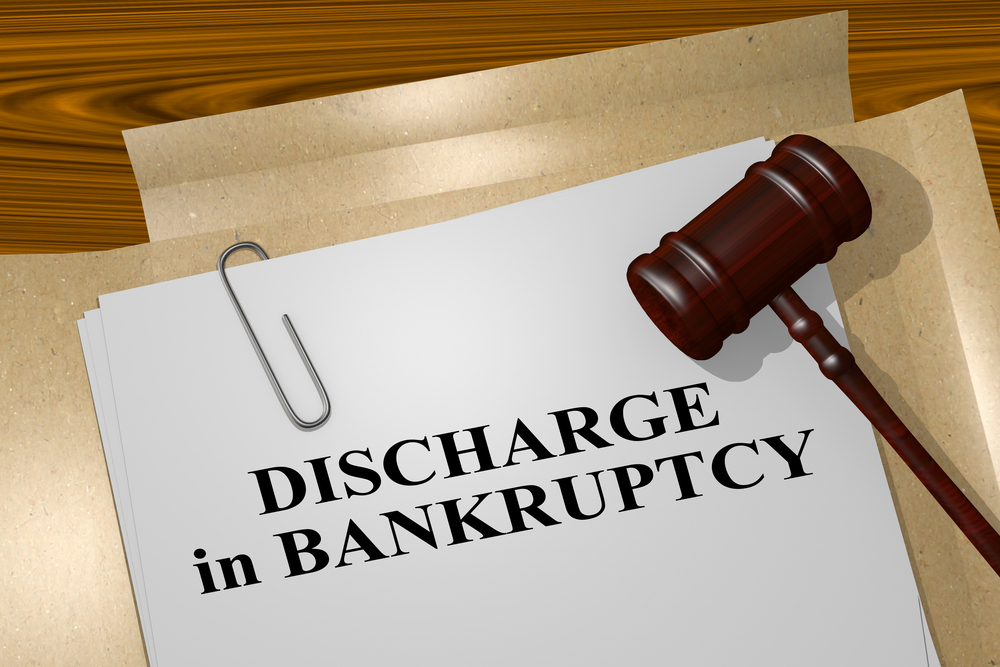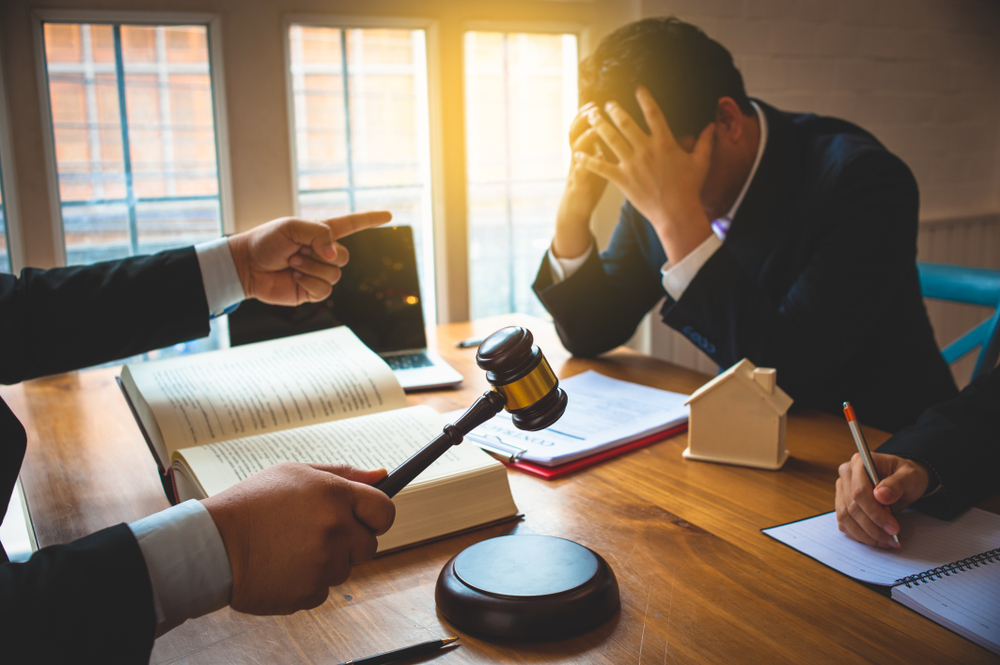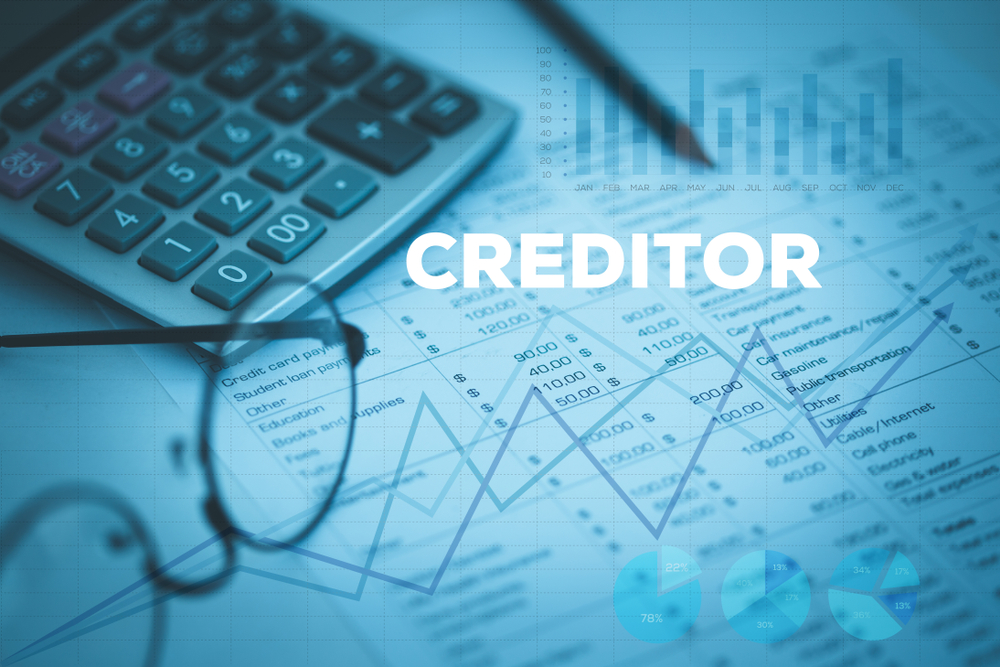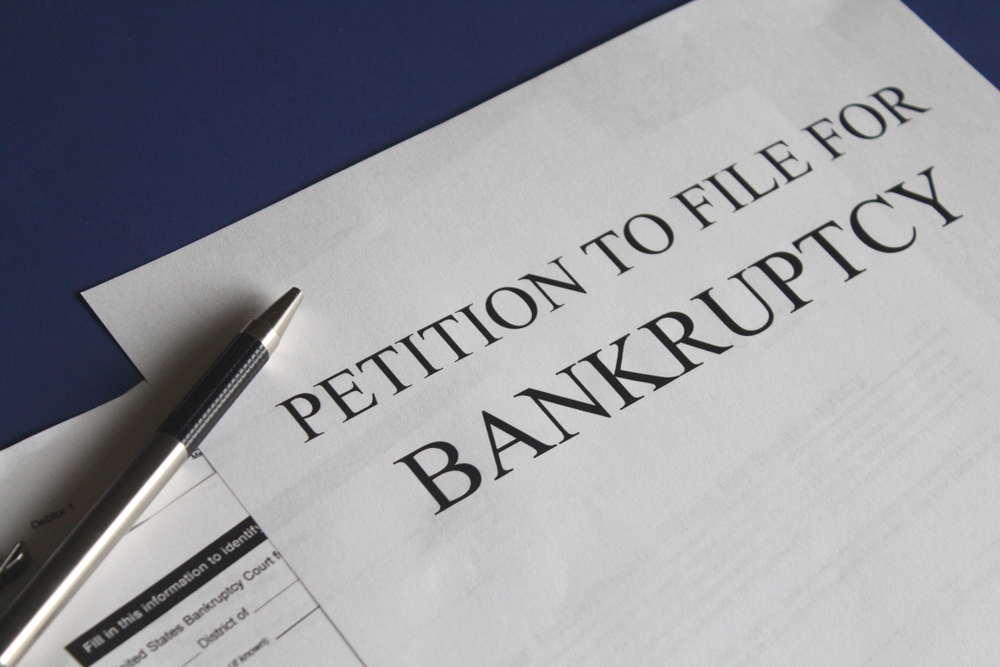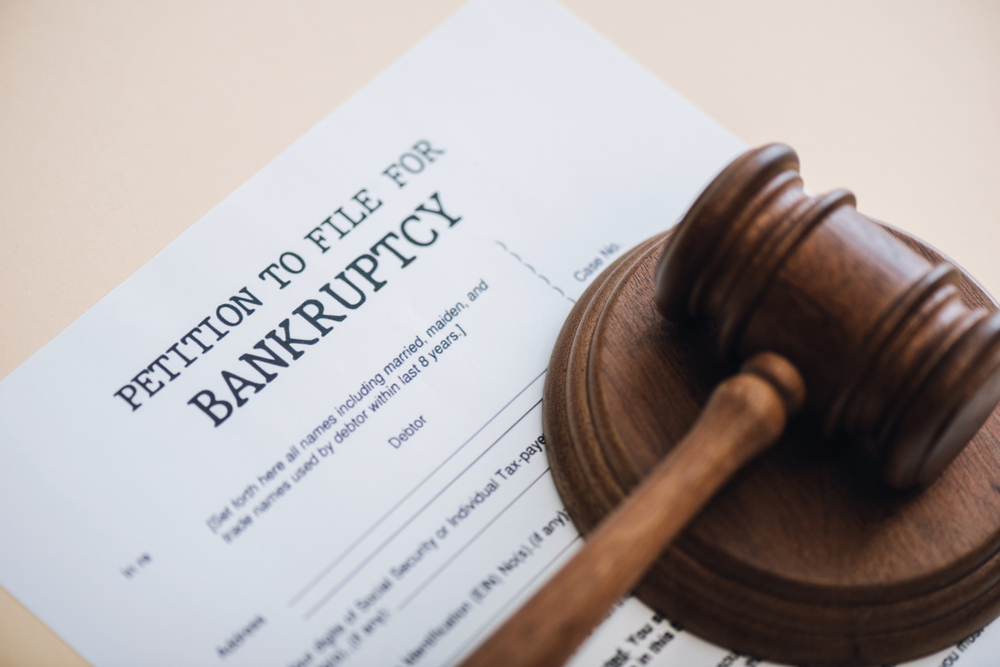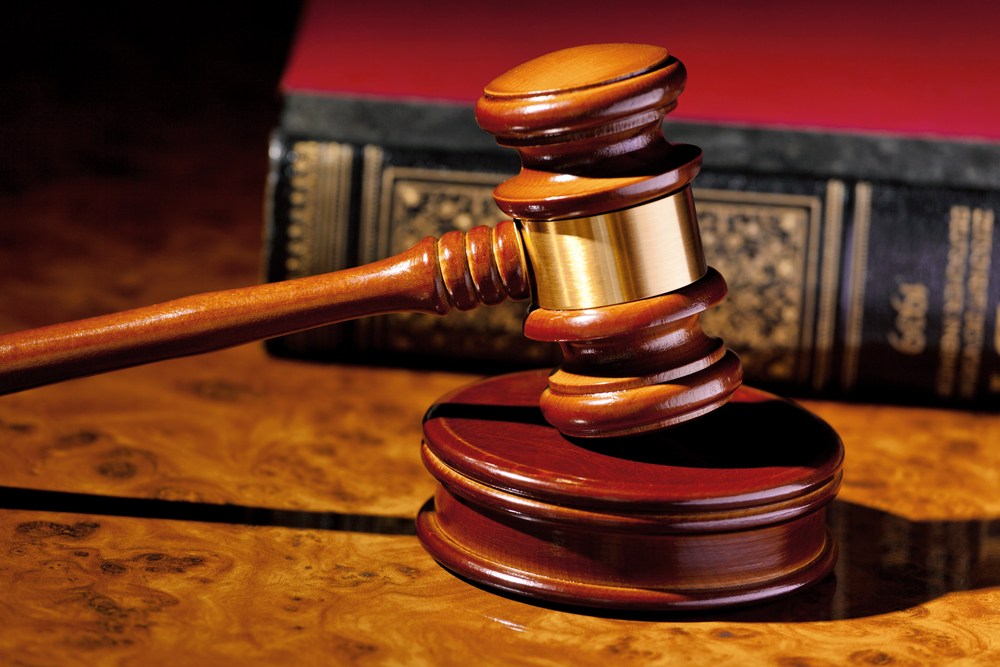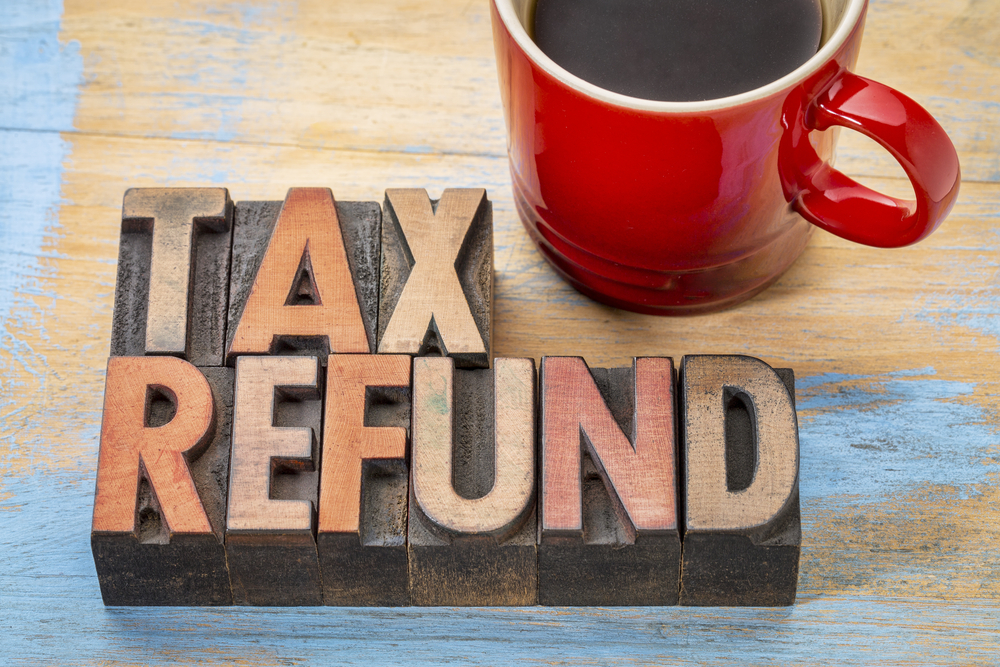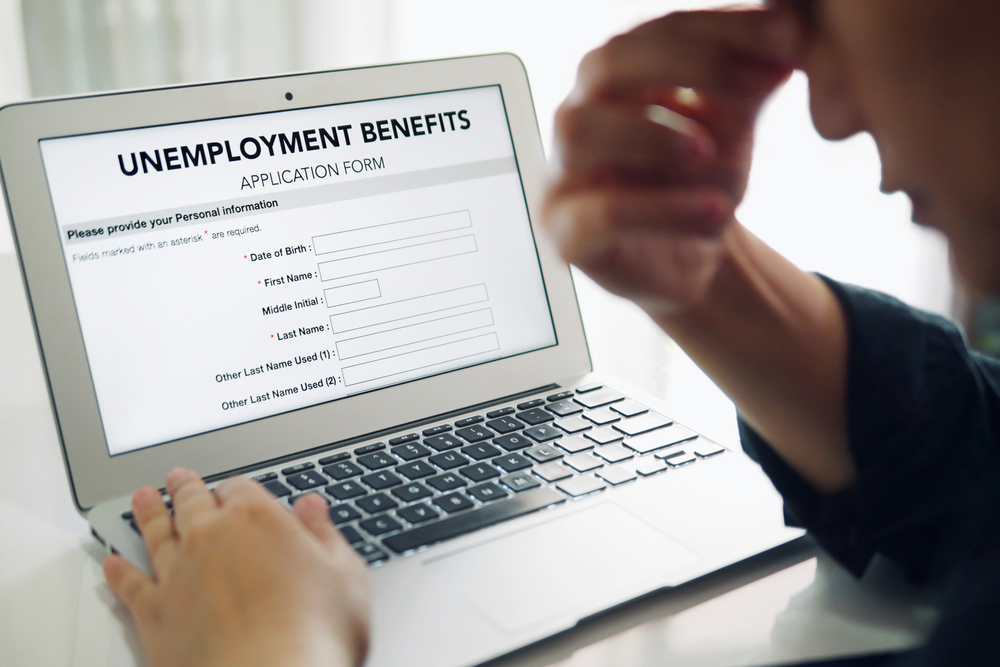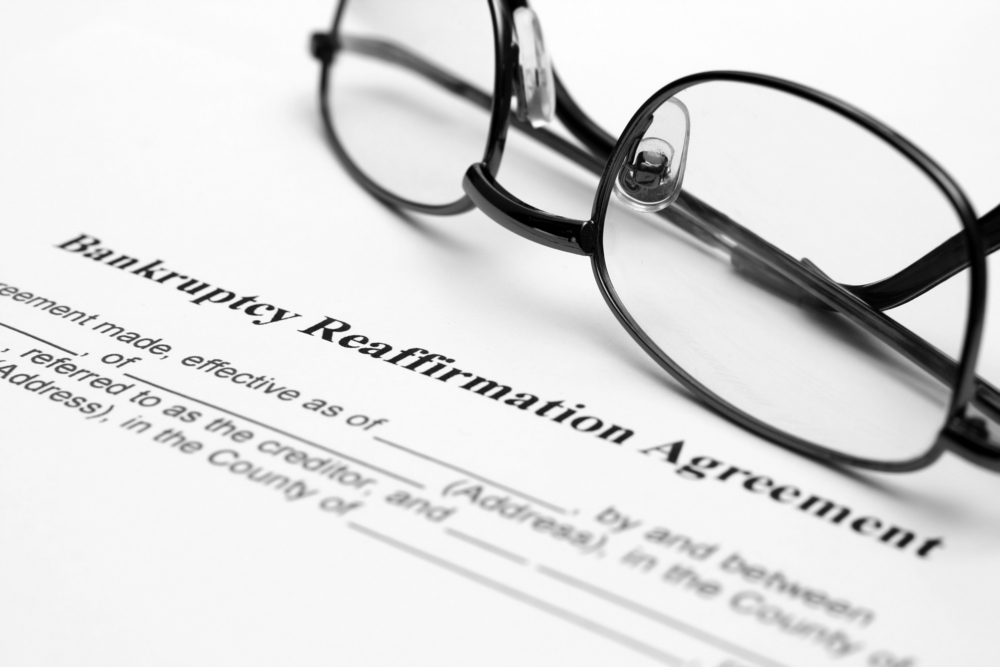Many people who file for bankruptcy own recreational vehicles (RVs) like motorcycles, boats, snowmobiles, ATVs, and motorhomes. The ability to keep these recreational vehicles in bankruptcy is governed by the bankruptcy code, which outlines the legal framework for such cases. While bankruptcy offers a fresh financial start, it’s natural to worry about losing these valuable assets. The good news is that, under certain circumstances, it’s possible to keep your recreational vehicles even after filing for bankruptcy. However, the outcome depends on various factors, including the type of bankruptcy you file, the value and equity in your RVs, and your overall financial situation.
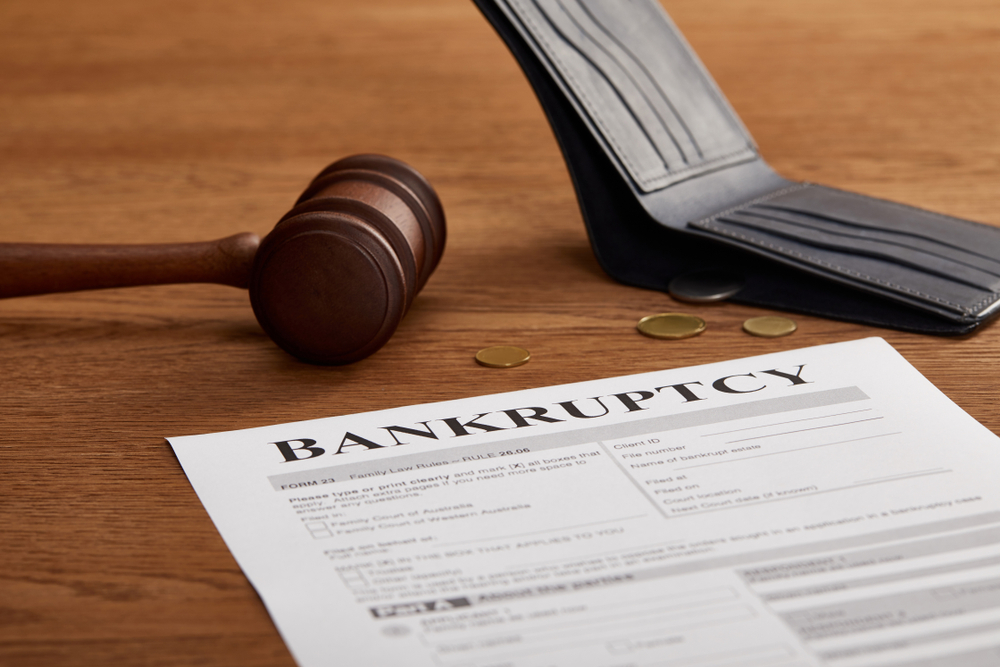
Can I Keep My Recreational Vehicles in Bankruptcy?
Many people who file for bankruptcy own recreational vehicles (RVs) like motorcycles, boats,...


